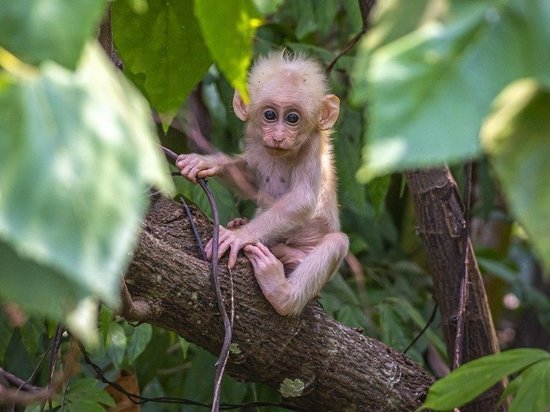
For the first time in the history of science, molecular biologists have created embryos containing cells from humans and cynomolgus monkeys, according to the scientific journal Cell. Previously, attempts to create such chimeras ended in vain, because human cells in such embryos did not take root well.
“By creating chimeras based on human and primate cells that are evolutionarily close to humans, we will be able to understand what prevents the formation of chimeras and how these barriers can be overcome,” said Professor Juan Belmonte.
Several years ago, Belmonte discovered that chimeric embryos could be used to grow complete organs that could then be used for transplantation. Scientists have been able to create chimeric embryos from the cells of mice and rats, as well as sheep, pigs and humans. But they were always faced with the fact that human cells soon stopped dividing. This made the use of organs impossible for transplantation. But now Bel’monte was enjoying success thanks to a device created by Chinese colleagues. The biologist is going to find out in the near future what exactly prevents human cells from dividing in hybrid embryos.